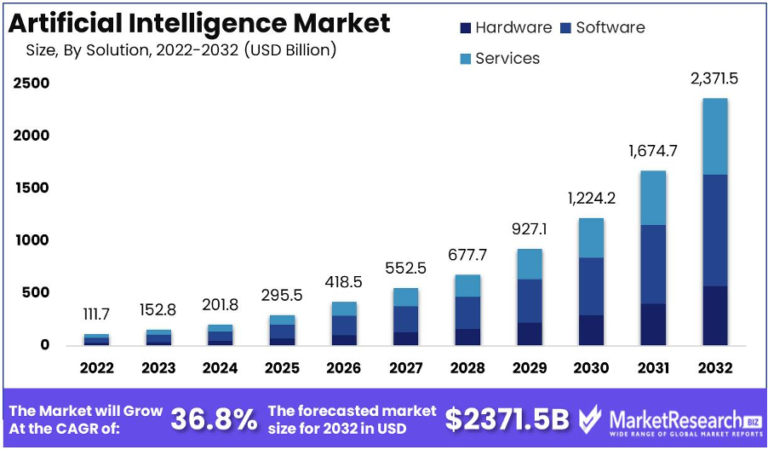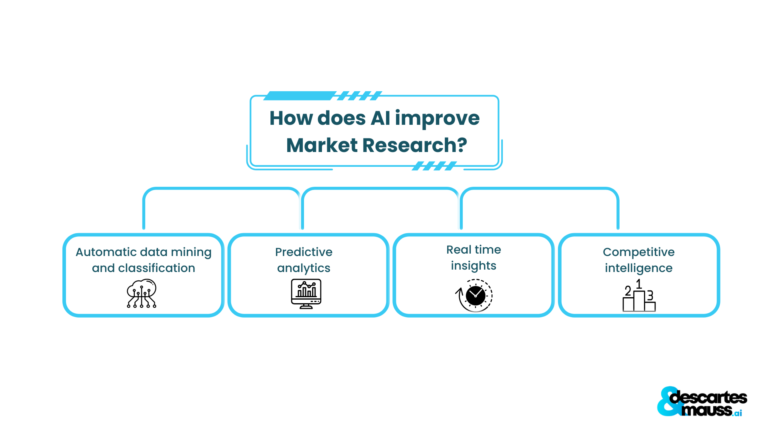On Wednesday, March 13, the European Parliament granted ultimate approval to an expansive list of EU regulations aimed at governing artificial intelligence.
These regulations are based on a risk-based approach; the act classifies AI systems into limited, high, or unacceptable risks. Based on their potential impact on humans and society. The prohibited AI practices listed in the text include biometric categorization of people based on race, religion, or sexual orientation, predictive policing, and scraping facial images from the internet to create databases.
Simultaneously, the regulation aims to reduce administrative and financial burdens on businesses, with a particular focus on small and medium-sized enterprises (SMEs).
"(This is) the first regulation in the world that is putting a clear path towards a safe and human-centric development of AI."
Said Brando Benifei, the Italian lawmaker who pushed the text through parliament with Romanian MEP Dragos Tudorache, who was likewise quoted saying : “We managed to find that very delicate balance between the interest to innovate and the interest to protect.”
This historical act is considered the world’s first comprehensive horizontal legal framework for AI, and that not only says a lot about AI’s fast-growing expansion, but also helps us predict Europe’s leading role in this rapid advancement.
In addition to this act, the EU and USA put on a joint statement last Friday, April 5th, affirming a desire to increase cooperation over AI, with means to develop digital identity standards, defend human rights, and advance secure and trustworthy technologies.
The world of AI is moving incredibly fast within societies, cultures, and economies. The incorporation of this recent innovation into the law confirms what AI experts have been pushing for years: This is the best time for you to get on board.
In 2023, the worldwide artificial intelligence market reached a value of USD 196.63 billion, with forecasts indicating a compound annual growth rate (CAGR) of 37.3% from 2023 to 2030. This rapid growth can easily be explained by one simple sentence: AI is used in everything.

No matter the field, AI’s contribution to humanity is scientifically undeniable.
In the medical field, these fast-learning technologies were able to diagnose illnesses unnoticed by doctors. On the roads, they were able to reduce congestion by using intelligent traffic management systems. These technologies also offer perspectives on climate patterns, aid in monitoring pollution levels, safeguard endangered species, and predict potential natural disasters.

Market research is not exempt from the impact of artificial intelligence. AI’s capacity to process extensive data sets, recognize trends, and deliver precise forecasts is reshaping how companies obtain insights, and execute well-informed strategies that minimize risks (and consequently minimize costs) and optimize resources.

The newly approved act proves that Governments are grasping AI’s true potential and encouraging companies to get on board the train towards the future.
So, mind the gap and find your seat.
The time is now.


